Publications
Articles, publications, books, tools and multimedia features from the U.S. Institute of Peace provide the latest news, analysis, research findings, practitioner guides and reports, all related to the conflict zones and issues that are at the center of the Institute’s work to prevent and reduce violent conflict.
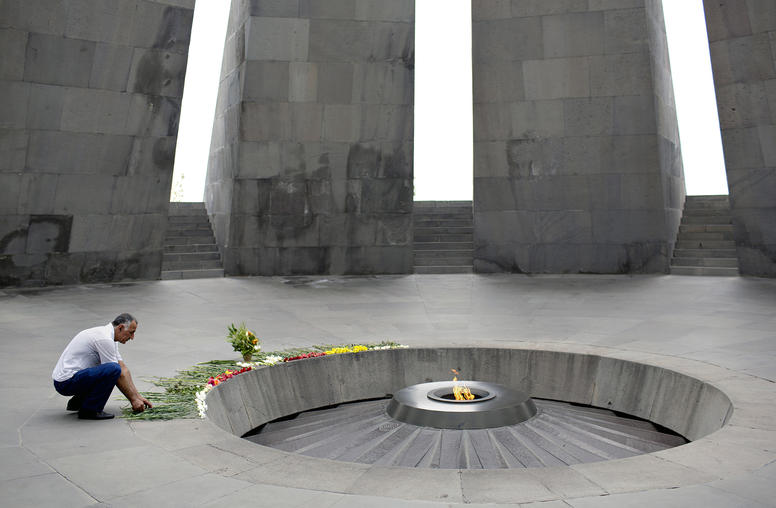
Why Biden’s Recognition of the Armenian Genocide Is Significant
On April 24, U.S. President Joseph R. Biden, Jr. recognized the 1915 mass killing and deportation of an estimated one million Armenians in Turkey as genocide. Through a press statement issued on Armenian Genocide Remembrance Day, the president righted a historical wrong — failure by past U.S. presidents to recognize the crimes perpetrated against the Armenians as a genocide — and underscored the U.S. commitment to preventing future instances of genocide and mass atrocities.

Two Years After Easter Attacks, Sri Lanka’s Muslims Face Backlash
Two years after the Easter Sunday attacks that left 269 dead and injured more than 500, Sri Lanka’s Christian community is still waiting for justice while its Muslim community is reeling from the backlash that followed the bombings. Recent government restrictions targeting Muslims have exacerbated religious tensions in the South Asian nation and risk alienating large portions of the community.
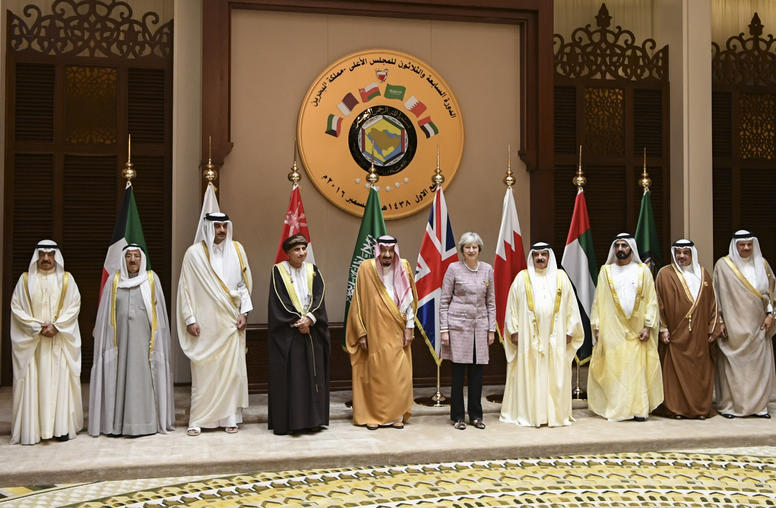
Iran Nuclear Talks Open a Window for Broader Middle East Security
Since the end of World War II, there have been several attempts that ultimately failed to establish a regional security framework in the Middle East. These attempts have historically fallen short, undermined by distrust, power politics and conflict. Today, a new window of opportunity may be emerging to establish a stable, broadly accepted mechanism for deescalating conflicts, setting norms and building confidence and cooperation between states in the region. World powers should consider the ongoing Vienna talks — aimed at reviving the Iran nuclear deal that the Trump administration withdrew from — the first step in this direction.
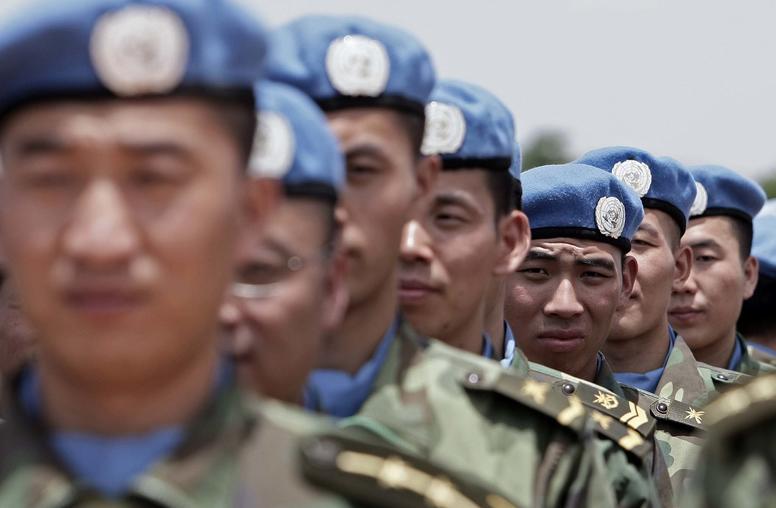
Sidestepping Great Power Rivalry: U.S.-China Competition in Africa
If the early months of the Biden administration are any indication, the U.S.-China rivalry shows no signs of dimming anytime soon. Initial meetings between top Biden administration and Chinese officials in March were heated and appear to have done little to reduce tensions over many divisive issues. There is growing bipartisan support in the U.S. Congress for “hardline” policies against Beijing. Meanwhile, China is increasingly active worldwide, including in Africa, where its expanding presence is concerning to the United States.
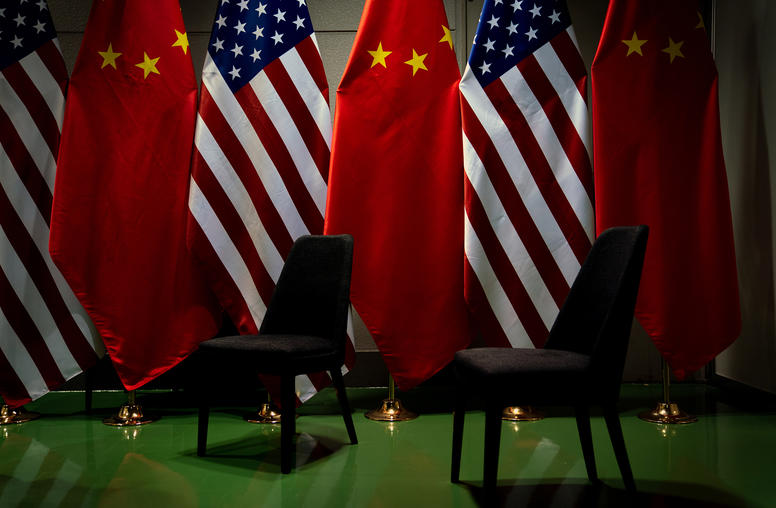
Enhancing U.S.-China Strategic Stability in an Era of Strategic Competition
As strategic competition between the United States and China intensifies, preventing a destabilizing arms race and lowering the risk of military, especially nuclear, confrontation is critical. The essays in this volume—based on a series of workshops convened by USIP’s Asia Center in late 2020—highlight both the striking differences and the commonalities between U.S. and Chinese assessments of the root causes of instability and the drivers of conflict in the nuclear, conventional missile and missile defense, space, cyberspace and artificial intelligence realms.

Russia Pulls Back Troops—But Not Its Threat to Ukraine
Russian ships and trains are moving back the tens of thousands of troops massed on Ukraine’s border because, Russia’s defense minister said last week, their “surprise inspection” had “demonstrated their ability to ensure the reliable defense of the country.” In reality, the Kremlin stood down after its saber-rattling failed to unnerve the Ukrainians—and after President Biden warned President Vladimir Putin directly to drop the military threat, effectively...
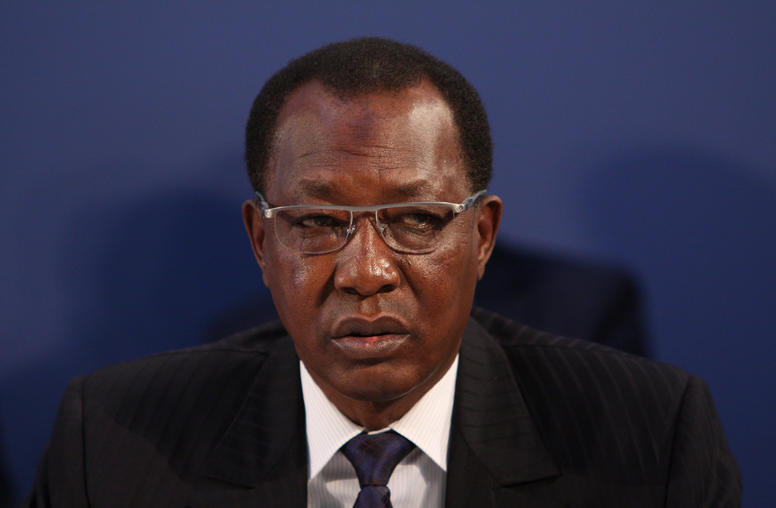
Chad: President Déby’s Death Leaves Vacuum in Volatile Region
The sudden violent death of Idriss Déby, the leader of Chad since 1990, throws the central African country into uncertainty. During a visit to the military frontline, Déby was allegedly killed in fighting in the country’s Lake Chad region, just days after the uncompetitive April 11 presidential elections in which he was re-elected for a sixth term. As USIP’s Kamissa Camara and researcher Jérôme Tubiana explain, Déby’s death does not change the structural deficiencies of the Chadian state. At the same time, Déby’s death leaves the West without a long-time ally in counterterrorism in the greater Sahel and Lake Chad Basin, and how the transition is managed has implications for the wider region, too.
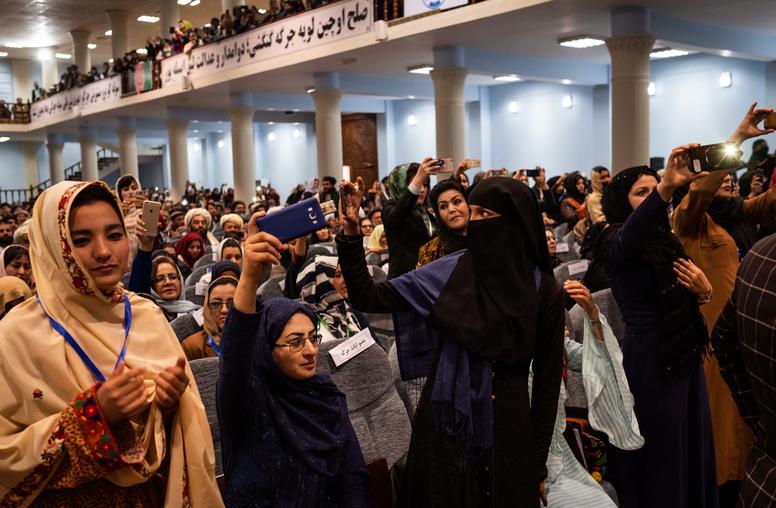
Democracy Is the Afghan Government’s Best Defense Against the Taliban
The Biden administration’s announcement last week that U.S. troops would be out of Afghanistan by September 11 came as a blow to the current peace talks and many Afghan citizens who appreciate the rights and freedoms that international forces have helped to defend against the Taliban. Still, President Biden made clear that the United States continues to support the Afghan government and democratic system, and, to that end, the administration has indicated it would request $300 million from Congress in additional civilian aid. But Biden explicitly de-linked U.S. troops from that equation — stating that they would not be “a bargaining chip between warring parties.”
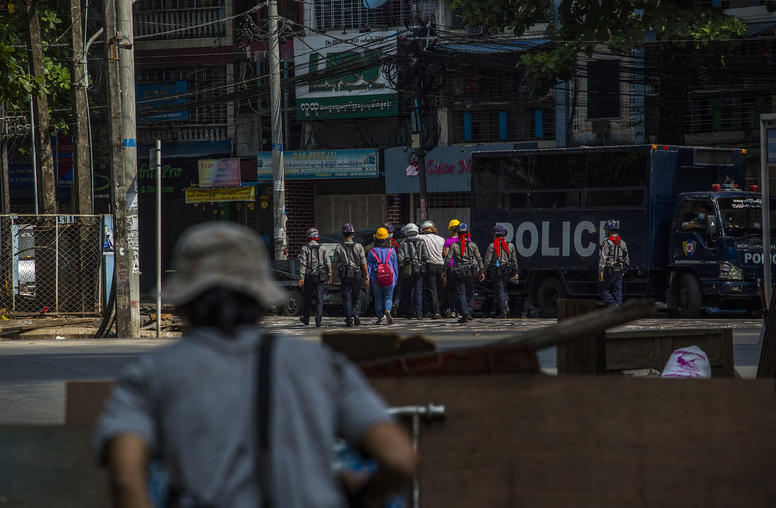
Chaos Sparked by Myanmar Coup Fuels Chinese Cross-border Crime
In the two months since the military reestablished its tumultuous rule, criminal activities in Myanmar have widened dramatically, posing new challenges to the region’s efforts and ability to control cross-border crime.
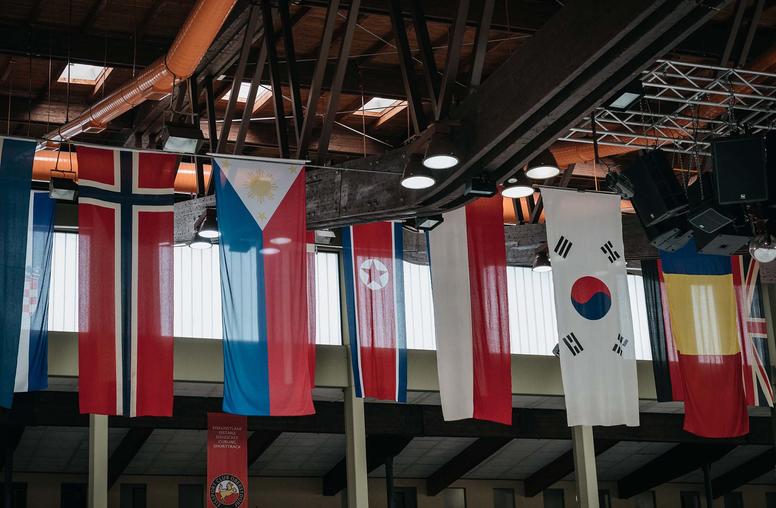
The Case for Maximizing Engagement with North Korea
As the Biden administration’s North Korea policy review nears completion, there is growing worry that it could dig in its heels on previous U.S. efforts to change North Korea’s behavior through isolation and pressure. Early signals indicate the Biden team is prioritizing pressure among many options. Several experts, however, believe this approach will continue to fail because it incorrectly assumes North Korea will yield to coercive tactics and that China will cooperate in this effort.